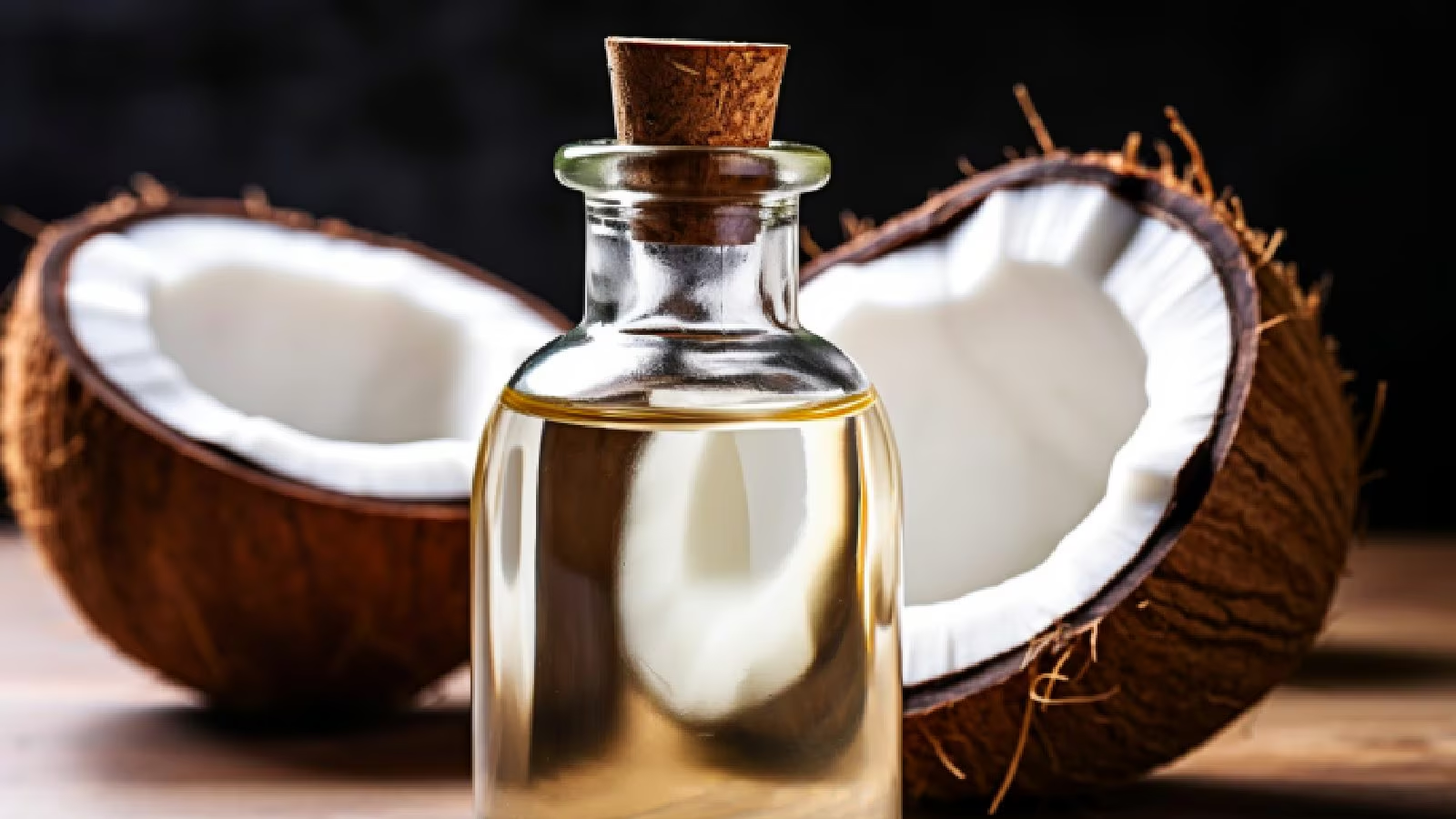6 Ways We Can Help Our Planet While Improving Our Health
- Vanessa Mansergh

- Aug 26, 2025
- 5 min read
Have you ever noticed how doing something good for the planet also feels good for you? Whether it’s swapping out plastic in the bathroom, growing your own herbs on the window sill, or swopping that chemical-heavy face cream for something more natural. These little decisions can boost your health just as much as they help Mother Earth.
My little "eco-warrior spirit" developed in my 20s. I was a real bore! Telling my brother that flying less could support our planet even when he thought it was too small a drop in a very big ocean. All gifts were hand-painted and crafted by me until there was no more space or enthusiasm from family. Then came the re-useable food shopping bags made from old parachutes that packed away into a tiny ball. I still think the "supporting a child in Africa" was well intentioned for my nieces and nephews although their parents had more to do with the letter writing.
Let’s have a look at how small, eco-conscious changes in our homes—and our communities—can create a big ripple effect for us and our planet.
1. Plastic-Free Kitchens & Bathrooms: A Simple Swap with Big Benefits
Let’s start with the plastic problem. In the UK alone, households throw away 90 million plastic pieces annually, with 17% recycled. It is mainly veg and fruit packets (The Big Plastic Count conducted by Greenpeace & Everyday Plastic in March 2024).
Every year, around 8 million tonnes of plastic end up in the oceans (UN Environment Programme). Plastic does not break down well. Microplastics have been found in sea salt, fish, even bottled water. And guess what? That plastic can end up in us.
In our homes, plastic is everywhere—from cling film and shampoo bottles to toothbrushes and cleaning sprays. Swapping to plastic-free alternatives will help to cut down on waste.
Try this:
Refillable liquid bottles from refill stores to reduce packaging waste - shampoo/conditioner/cleaning products
Beeswax wraps instead of cling film
2. Skin-Friendly Makeup: Read the Labels
The beauty industry is finally catching up with what many of us already know: what we put on our skin matters. Traditional makeup often contains harsh chemicals like parabens, phthalates, and formaldehyde-releasing preservatives. These can cause irritation, disrupt hormones, and even contribute to long-term health concerns. Some studies have found links between certain chemicals in cosmetics and skin sensitivity and allergic reactions.
I once read a statement by a natural skin care company, if you're not prepared to put it into your mouth, don't wear it on your skin! That made me switch make up brands (think of how much lipstick you've swallowed), ditch the moisturiser for coconut oil, and ditch body & face wash for soap. I used to read Janey Lee Grace "Imperfectly Natural" for ideas.
Switch to:
Mineral makeup or organic certified
Products labelled “fragrance-free” or made with essential oils
Refillable or compostable packaging.
3. Ethical Clothing: What We Wear Matters Too
Fast fashion may be cheap at the checkout, but it often comes with a heavy environmental and human cost. Synthetic fibres like polyester shed microplastics with every wash, which end up in our waterways—and our food chain. Plus, many fast fashion factories use harmful dyes and chemicals, and pay shockingly low wages.
On the flip side, ethical clothing brands use organic materials, pay fair wages, and focus on slow, sustainable production. Not only does that mean less pollution, it also means fewer allergens and irritants on your skin. And let’s face it—wearing something that’s good for people and planet just feels better.
Thanks to my sister, I've worn second-hand clothes for two decades now and only chuck out clothes when they get holes in! I'm far from perfect - I still wear synthetic fleecy jumpers to stay warm in winter out walking.
Try this:
Buy less but choose better—quality over quantity
Look for organic cotton, linen, and natural dyes
Shop second-hand or swap clothes with friends
4. Organic Food or Grow Your Own: Healthier for You and the Soil
Supermarket veggies can look perfectly polished—but that shiny apple may have been sprayed with a cocktail of pesticides. Studies show that organic produce can have higher levels of certain antioxidants and fewer pesticide residues (British Journal of Nutrition, 2014).
Even better? Grow your own veggies—even just herbs or salad leaves—puts you in charge of what goes into your food (and your body). Plus, gardening is proven to reduce stress and support mental health. Win for your gut, your brain, and the bees.
It wasn't until I met Joe that I took organic anything seriously. Price was a huge obstacle for me. However, as eating well has been key to our health, and the importance of animal welfare, we switched to seasonal food veggie boxes in 2020. We top up with home grown veggies too.
Try this:
Grow tomatoes, lettuce, or herbs in pots on your balcony or windowsill
Join a local community garden
Buy seasonal organic produce from local farm shops or markets
5. Community Initiatives: One Shed, Many Benefits
Who needs a lawn mower, drill or hedge trimmer every day? Rather than buying one, how about borrowing it from a community tool shed?
Shared spaces like community sheds or “libraries of things” reduce waste, build community spirit, and save everyone money. It's a wonderful way to meet neighbours and reduce landfill.
When we moved into a small cull-de-sac of newly built houses in 2020 my partner got everyone to pitch in for two communal benches. For at least a year or two we became a very close community, meeting up for coffee/wine/nibbles and a fire pit when needing to be socially distanced in autumn/winter months! Next he suggested a community shed. Although only a few households partake in sharing a mower, garden tools, patio water spray and hedge trimmer, it's better than all those new items being bought for every household! It's something I feel really proud of.
Look for:
Tool-sharing schemes
Repair cafés
Seed swaps
Every drill not bought is one less item in landfill and one more chat over the garden fence.
6. Ethical Banking & Insurance: The Invisible Impact
We don’t often think about our money having an environmental footprint, but banks invest it in industries that may not align with our values—like fossil fuels or fast fashion. Ethical banks and insurers invest in clean energy, community housing, and sustainable agriculture. It’s like voting with your wallet—quiet but powerful.
Explore:
Banks like Triodos or Nationwide that publish their ethical investment policies
Insurance companies that offer green home discounts
Switching to providers that fund renewable energy
The Bigger Picture: Waste, Growth, and Responsibility
As the global population grows, the challenge of managing waste becomes more urgent. Our landfills are filling up faster than ever, and recycling systems can't always keep up. By choosing reusable, refillable, and compostable over disposable, we reduce the strain on our already overwhelmed systems.
Taking care of our planet is taking care of ourselves. From the air we breathe to the water we drink to the food we eat—it's all connected. By making conscious choices at home, we support our health, our communities, and our children’s futures.
Start Small, Think Big
You don’t need to overhaul your entire life overnight. Pick one thing—a shampoo bar, a veggie patch, a new bank account, a pre-loved jacket—and start there. Every swap matters. And together, those little changes build momentum toward a cleaner, healthier, more sustainable world.
If you'd like help making these small lifestyle changes alongside moving well, book a wellness 1:1 session via my contact page.















Comments